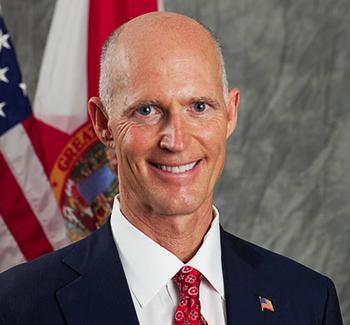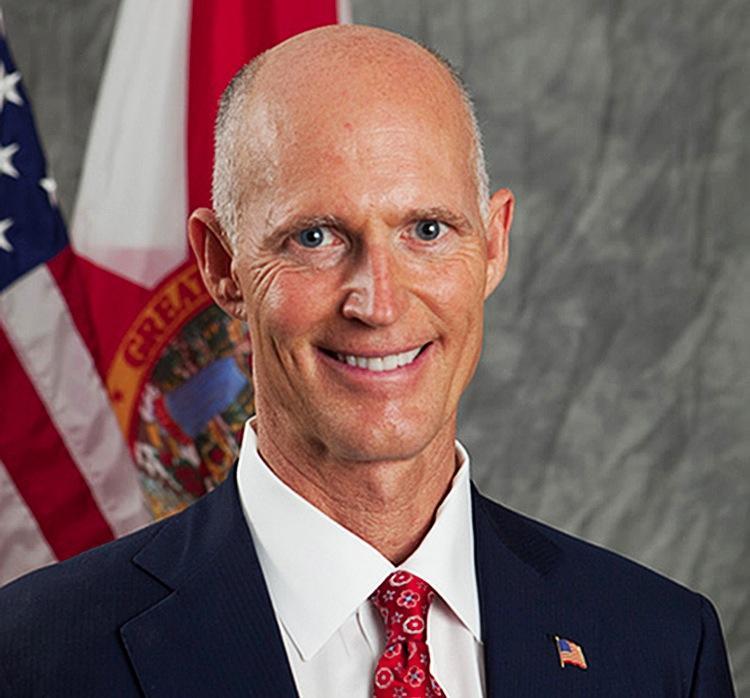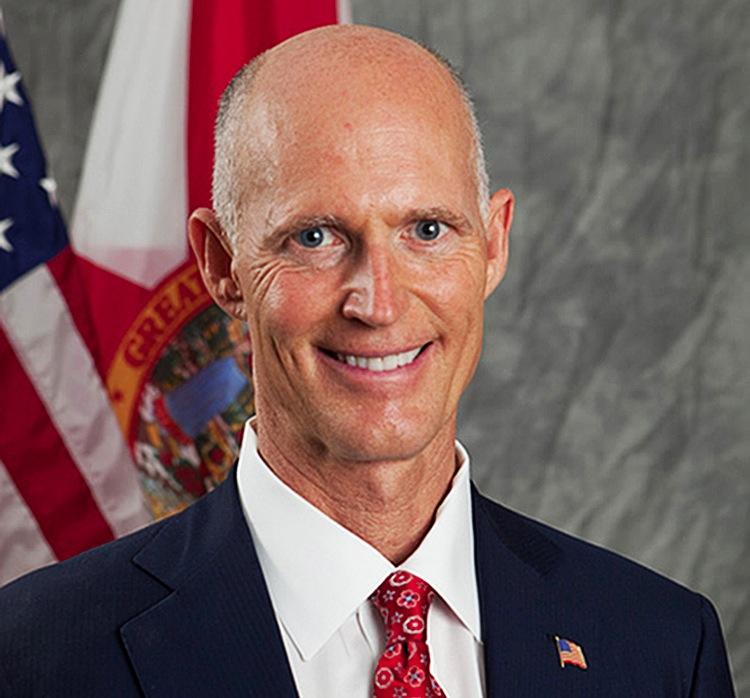Retirement Income: Florida Lawsuit Aims to Stop Pension Bill
Lawsuits may make it difficult for Florida Legislature to make reality a retirement income bill.

Florida Gov. Rick Scott. The state is facing lawsuits over the recently signed pension bill that affects state employees' contributions and retirement income, but Gov. Scott is staying his ground. Courtesy of the office of Gov. Scott
|Updated:





